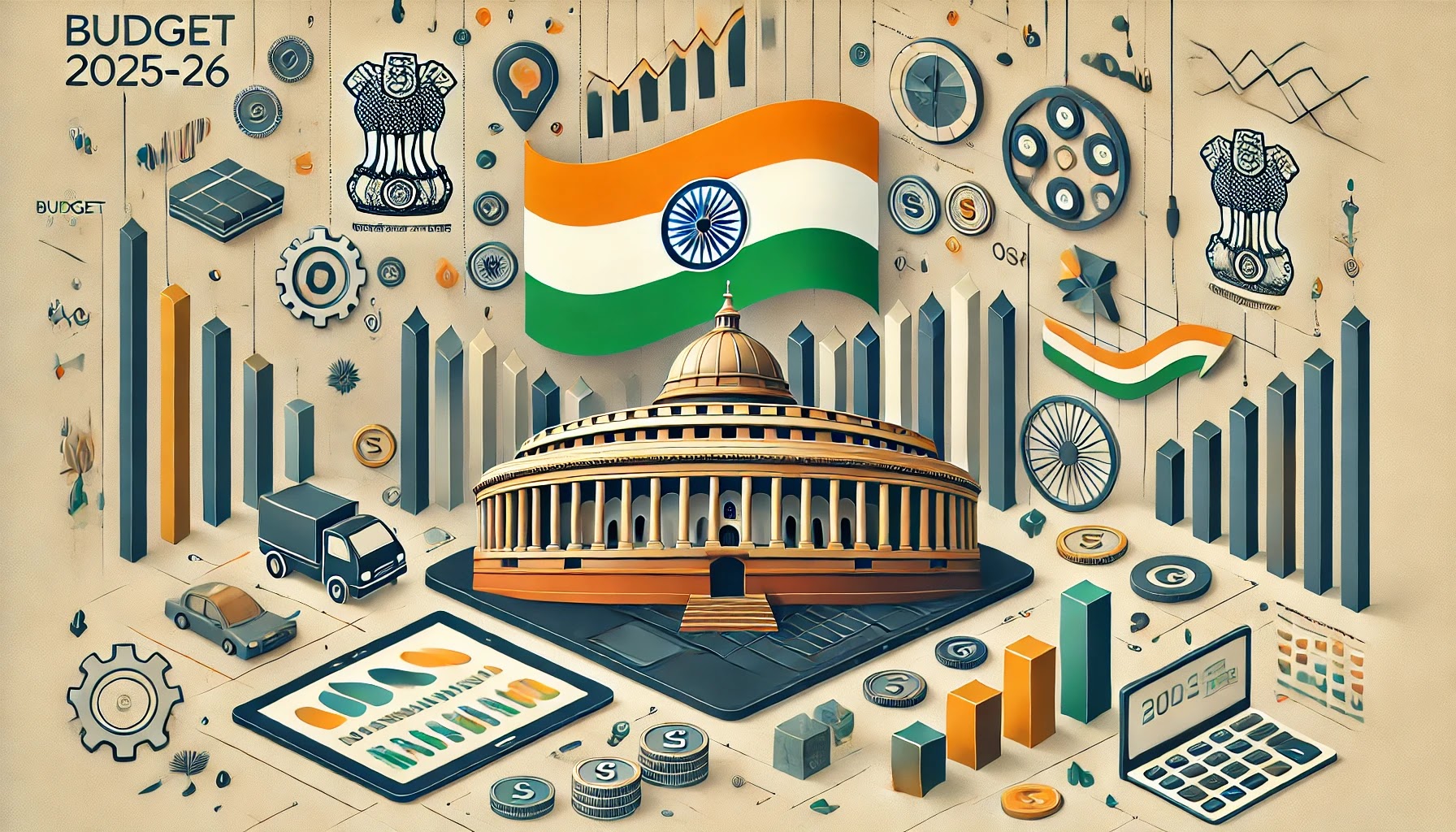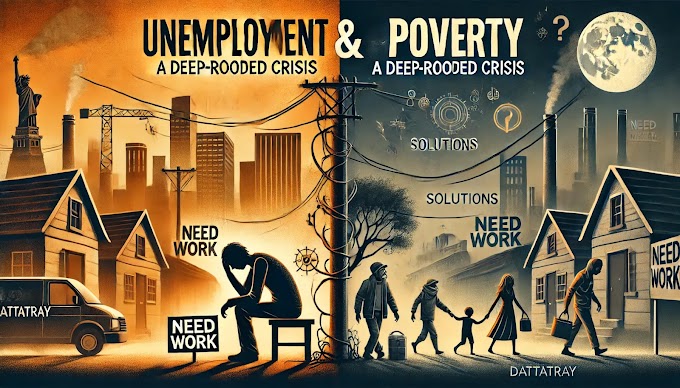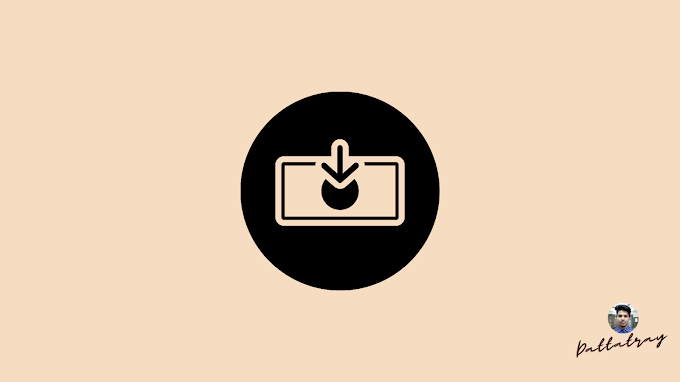Macro-Economics:
Macro means large or aggregate or total. Macro-Economics is therefore the study of aggregates covering the entire economy such as total employment, national income, national output, total investment, total savings, total consumption, aggregate supply, aggregate demand, general price level etc.
Definition of Macro Economics: According to Kenneth Boulding, "Macro Economics deals not with individual quantities as such, but with the aggregates of these quantities, not with the individual incomes but with the national income, not with individual prices but with the general price level, not with individual output but with the national output".
Primary Concepts of Macro Economics:
Concept 1), National Income: This reveals the total economic performance of a nation. It is referred to as the total income of a country.
In the economic sense, national income is the aggregate monetary value of all final goods and services produced in an economy during a year.
In simple words National Income means, The total value of goods and services produced in specific time within the country.
Concept 2), Saving: It is that part of the income which is set aside to satisfy the future needs by foregoing current consumption. In other words, saving is that part of income which is not spent currently on consumption.
Concept 3), Investment: It refers to creation of capital assets through mobilisation of savings, example, machinery, equipment etc.
Concept 4), Trade Cycles: Trade cycles are fluctuations in business. They are ups and downs in the overall economic activities. Ups and downs means fluctuations caused by inflation and depression respectively.
• Inflation is a continuous rise in general price level.
• Depression is a continuous fall in overall prices and lowering down of economic activity in general.
Concept 5), Economic Growth: The term economic growth has a 'quantitative' dimension. In simple words, economic growth means an increase in the real national income of the country, over a long period of time.
Concept 6), Economic Development: This is a wider concept which has a 'qualitative' dimension. Economic development implies economic growth plus progressive changes in certain important variables which determine well-being of the people, example education, health etc.
Difference Between The Economic Growth and Economic Development,
Difference 1), Economic growth means an increase in the real national income of the country. Whereas, Economic development indicates economic growth plus progressive changes in certain important variables which determine well-being of the people.
Difference 2), Economic growth is narrow and quantitative. Whereas, Economic Development is broader and qualitative.
Difference 3), Economic growth is possible without economic development. Whereas, Economic development is not possible without economic growth.
Difference 4), Economic growth is a unidimensional concept. Whereas, Economic development is a multi-dimensional concept.
Difference 5), Economic growth is spontaneous and reversible. Whereas, Economic development is deliberate and irreversible.
Difference 6), Economic growth is measured in terms of national income and per capita income. Whereas, Economic development is measured in terms of agricultural productivity, industrial productivity quality of human life etc.
. . .
Thanks For listening out, and Have A Great Day:)







.png)



.png)


0 Comments